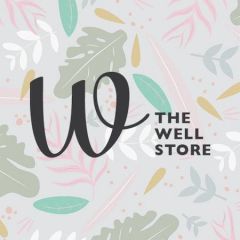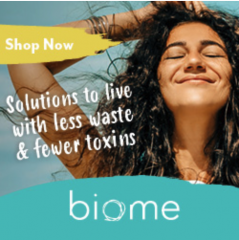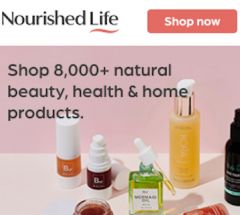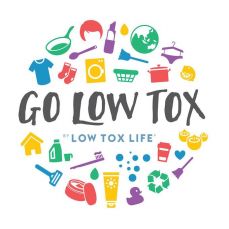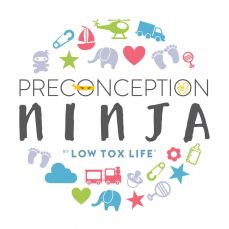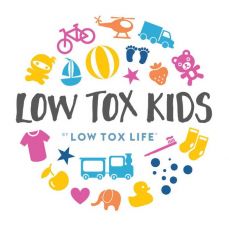Reducing toxins in your kitchen and food Eat, Health Suitable for stages: Pregnancy, 0 - 3 Months, 3 - 6 Months, 6 - 12 Months, 12 - 18 Months, 18 - 24 Months
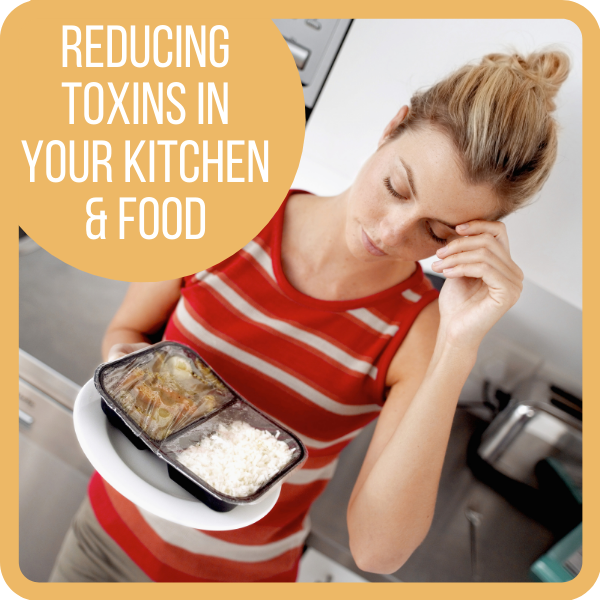

When you consider the astounding amount of chemicals that exist and are in use across our planet, the next question you have to ask is, what are these chemicals doing to our planet and our health?
Hazardous chemicals are found in every household, and in the ground, air and water. With that said, consider what unintended ingredients may be contained in what we come into contact with every day and in what we eat and drink. Sources of toxins may be the animal and plant products we eat, in the water that comes out of the tap, packaging, cooking & serving containers, utensils, and drinking vessels.
None of this information is meant to alarm you, it is to serve you, to make more conscious decisions about what you are inviting into your body and allowing to influence your health.
Food choices

Where possible, it is a great idea to eat foods produced as close to natural growing methods as possible, such as organically grown, grass-fed, pasture-raised plants and animal foods. Some foods are known to be more commonly grown using pesticides than others. For an Australian take on the Environmental Working Group's (EWG) recommendations concerning the dirty dozen and clean fifteen, follow this link. Many certified organic food options have become available in recent years due to increased consumer demand, as a result of people becoming more health and environmentally conscious.
When sourcing food, look for local suppliers who grow food according to the seasons and practice regenerative farming (as explained in the Kiss the Ground movie). If you can't otherwise source local produce, find out where you can buy organic foods (then buy what you can afford) and consider planting an edible garden starting with some of your favourite herbs, vegetables and/or fruits.
Kitchen and Pantry audit

In your kitchen, there are many small changes you can make to reduce your exposure to toxic substances. According to the Mayo Clinic Guide to Fertility and Conception, there are certain precautions fertile women and men should take.
It may be time to do a stock-take of your kitchen cupboards and drawers to see what you have and identify what cheap and nasty items you can get rid of. Then, slowly, as you can afford to do so, swap your kitchen items with higher quality materials and designs.
Consider the following in your kitchen audit:
Food storage
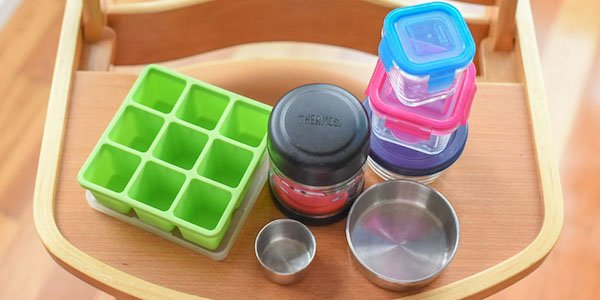
- Any plastic containers containing 7 or 3 on their base may contain BPA or phthalates so should be avoided as a first priority.
- For food storage, avoid plastics altogether (even if they state BPA free as they may contain BPC or similar chemicals which can be just as damaging to the body). Store foods or liquids in glass, stainless steel, or porcelain.
- Reduce your use of foods stored in cans as they are usually lined with BPA
- Check out The Well Store for food bag & storage product ideas
For cooking

- Plastics when microwaved can become unstable and leech into foods - glass is a safer alternative.
- If you must use a microwave, after you turn it on, stand well away from it. Consider reducing your use of the microwave by opting for the oven or stovetop more often than not.
- For these reasons, you may think about reducing your use of your microwave during pregnancy and beyond and consider whether you need it at all.
- Consider the condition, materials and safety of your cooking pots, pans, trays and utensils. Materials such as Teflon or other non-stick coatings, aluminium, copper, and lead can leach chemicals into your foods. Safer alternatives include high-quality stainless steel, toughened glass for baking, cast iron, or ceramic stoneware.
For serving food

- Whilst it's appealing that plastic & melamine plates & bowls have child-proof qualities, it's worth considering if they are food safe. As mentioned above, plastics should be avoided when it comes to food and the Melamine resin plates are a hardened plastic formed by combining the melamine compound with formaldehyde (a known human carcinogen - another word for cancer-causing).
- For everyday use, stick to ceramics or glass (such as Corelle Vitrelle glass) and if you do want robust options for when your baby gets to start solids, consider silicone plates & bowls or stainless steel lunch boxes or food jars (available from The Stork Nest, Biome, Nourished Life & The Well Store).
For drinks

We all know how important it is to keep hydrated. Consider what can make it easier and more enjoyable to drink more such as improving the taste and quality of the water and drinking from containers that won't alter the taste of your water such as those made of glass.
- It's a good idea to replace any plastic cups or bottles with alternatives such as those made with glass, stainless steel and silicone, and limit plastics. Anything you drink out of needs to be easy to clean as the moist environment can easily grow mould and bacteria. Look for wide neck bottles and make sure you have a dedicated bottle brush and straw brushes for any hard to access places in lids and in straws.
- Do you need to get a new drinking glass every time? Try coloured glasses or a unique design and stick to it for the day.
- Consider a whole of house filtration system or at least an under bench filter for your kitchen tap. Another alternative is a filter jug or on bench filter container, but both will need to be cleaned out regularly.
Other
- Take a good look at all the cleaning products in your kitchen. Read the labels and check in with yourself whether you are happy with these products being wiped, sprayed, and rinsed near your food and on your serving dishes and utensils.
- Avoid or minimise chemical exposure to toxins where possible and wear personal protective equipment (PPE) such as gloves, mask, eye protection etc.
- Other obvious toxins to avoid are alcohol, tobacco and recreational drugs.
To learn more about the everyday kitchen, food and water toxins consider signing up for the Go Low Tox course and checking out the Low Tox Life website, podcast and Books.
Other resources:
Healthy Home Healthy Family: Is Where You Live Affecting Your Health? By Nicole Bijlsma (Author)
Better Health Channel - Pesticides and other chemicals in food
Sustainable Table - Industrial vs. Organic.
Sydney Morning Herald - Water treatment turns common chemicals toxic, says report
www.eatforhealth.gov.au - Healthy Eating When You’re Pregnant or Breastfeeding
Please note: Above all, any information on this website aims to provide general ideas for informational and educational purposes only. We encourage users to investigate several information sources, including, where necessary, independent individualised medical advice before making any decisions that could affect you or your child’s health or wellbeing.
* BabyPeg participates in various affiliate programs and may earn a commission for referring our users through the links provided. This is at no additional cost to our users. We take great care in choosing products and services which align with the mission of promoting better health and wellness for our BabyPeg community. Where possible, products are tried and tested by us. To continue to provide BabyPeg as a free service and reach as many parents as possible, we appreciate your support in using the link provided to purchase if you decide the product is right for you.
